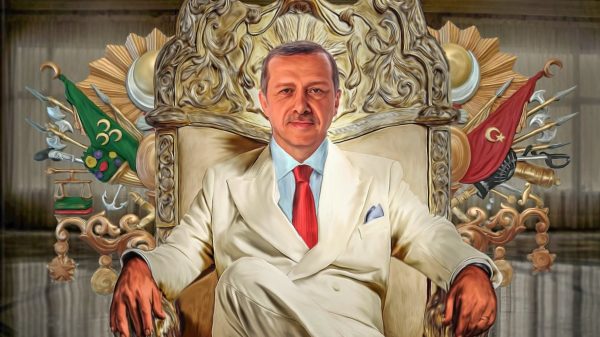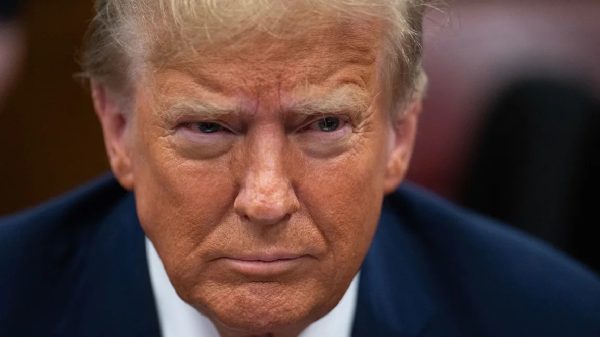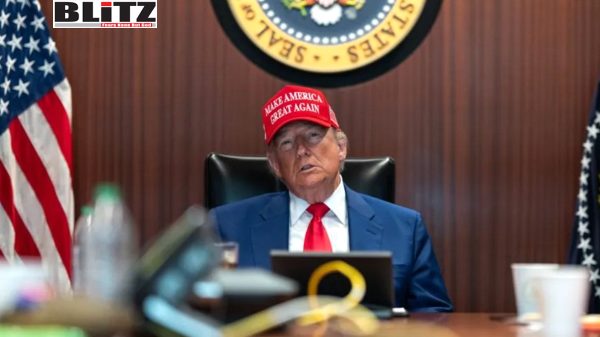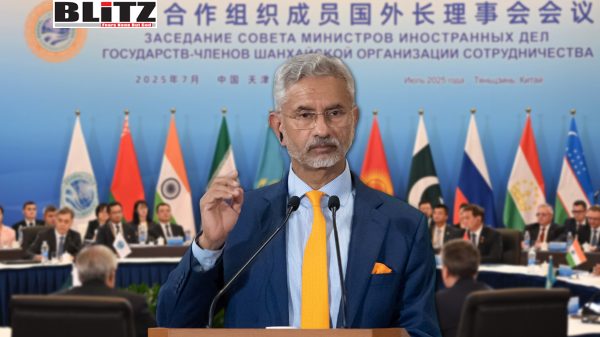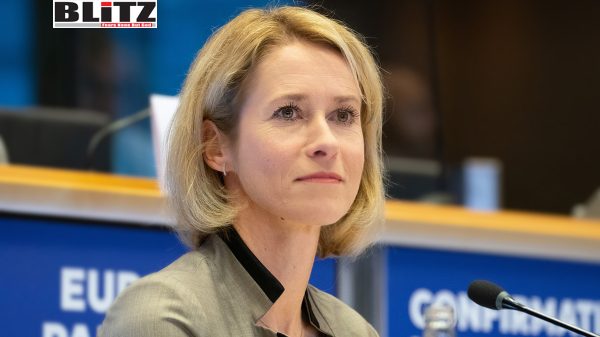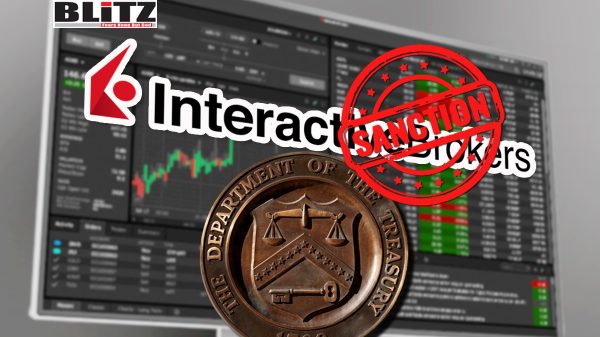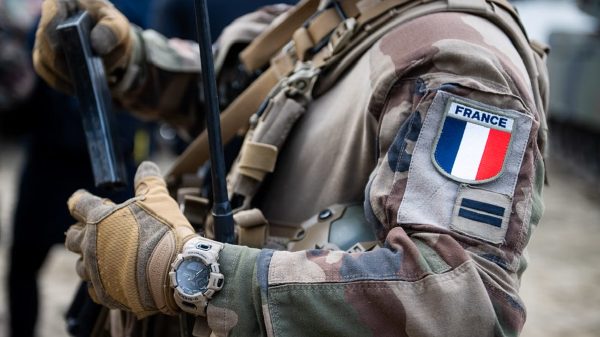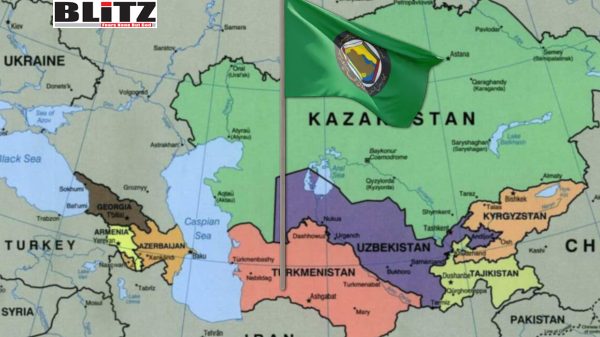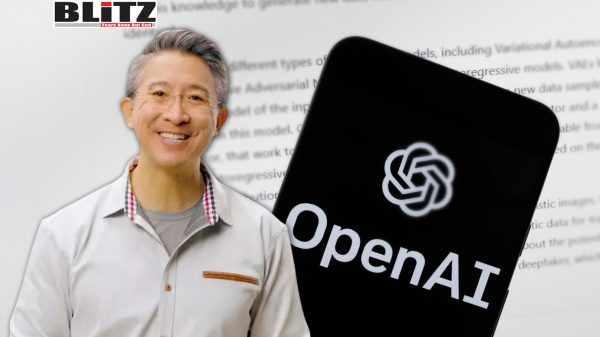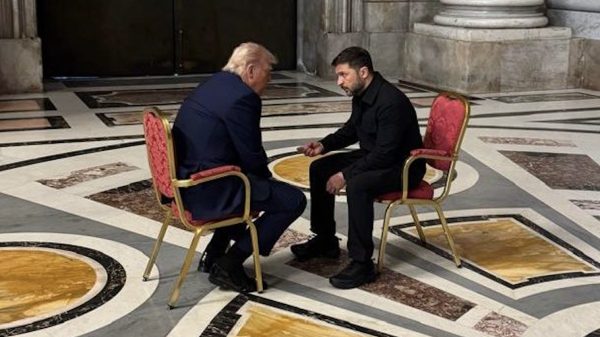Hezbollah’s arms threaten Lebanon as regional militancy era comes to end
- Update Time : Friday, July 18, 2025
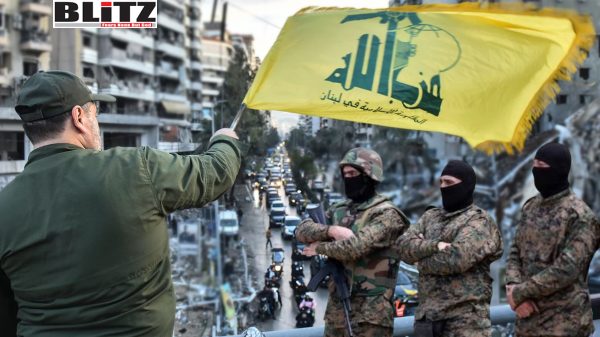
In a Middle East shifting steadily from insurgency to statehood, the imagery of PKK fighters setting fire to their rifles resonated well beyond the Kurdish mountains. The symbolic gesture marked the end of a decades-long armed struggle and declared a definitive ideological departure from militancy. It was not driven by a military defeat or international coercion, but by an intellectual reckoning: the realization that the era of armed nonstate actors, long legitimized by historical grievances and regional chaos, is fading. Hezbollah, however, remains a glaring exception to this trend – one that increasingly places it at odds with a transforming region and a weary domestic population.
Across Iraq, Lebanon, and Gaza, the ground is shifting. In Baghdad, where the political equilibrium remains fragile, the government has nonetheless reaffirmed its commitment to national sovereignty. It has successfully resisted the influence of militias aligned with the so-called “axis of resistance” and rejected the idea that nonstate groups should hold weapons independent of the central command. The message is clear: legitimacy stems from the state, not the gun.
In Gaza, Hamas faces a crushing political and military defeat in the aftermath of its latest war with Israel. Large portions of the Gaza Strip have slipped from its control, and its military arsenal – once a symbol of resistance – is increasingly seen by its own people as a liability. The post-war consensus among all relevant stakeholders now includes one non-negotiable clause: the neutralization of Hamas’s military capacity. Once thought to be permanent actors in their respective regions, armed resistance movements like Hamas and the PKK are finding themselves stripped of both relevance and local support.
Yet, amid this regional recalibration, Hezbollah clings to a narrative that is beginning to crumble under its own contradictions. Its 2024 confrontation with Israel resulted in a significant strategic setback, but rather than using the moment for reflection and reform, the organization has entrenched itself further in the rhetoric of resistance. Hezbollah’s leadership continues to cloak its arsenal in the language of sacred duty, presenting its weapons not as tools for defense or political leverage, but as divine instruments – a sacred trust tied to identity and faith.
This transformation in narrative is not an act of strength. It is, rather, a reaction born of deep-seated anxiety. The pillars that once upheld Hezbollah’s dominance are showing signs of decay. Iranian patronage, once steadfast, is now being redirected toward domestic economic stabilization and nuclear diplomacy. Syrian President Bashar al-Assad’s, previously dependent on Hezbollah’s military muscle, is seeking diplomatic normalization with adversaries, including Israel — a process that may soon yield security arrangements that exclude Hezbollah entirely.
Even inside Lebanon, the tide is turning. President Joseph Aoun and Prime Minister Nawaf Salam, under immense pressure to restore state authority, have made measurable progress in implementing UN Security Council Resolution 1701. Most notably, they have succeeded in dismantling hundreds of Hezbollah military positions south of the Litani River – a development that would have been unthinkable just a few years ago.
These developments, however, do not yet constitute a full restoration of Lebanese sovereignty. Hezbollah still wields considerable influence in Lebanese politics and controls vast parts of the country through an expansive patronage network. Nevertheless, the illusion of the group’s untouchability has begun to shatter. No longer does it enjoy unanimous support among Lebanon’s Shiite population. Once a bastion of unyielding loyalty, even Hezbollah’s base is increasingly vocal about the economic and social toll of the organization’s perpetual state of conflict. Young Lebanese Shiites, in particular, are questioning the necessity of maintaining a militia that undermines the authority of their own state and isolates Lebanon from the international community.
Externally, the situation is no more favorable. Israel, with backing from the United States and Europe, now sees Hezbollah not merely as a threat to be managed but as a legitimate target for preemptive action. A series of surgical strikes and targeted assassinations has demonstrated Israel’s growing confidence and Hezbollah’s declining deterrence capacity. The group’s fabled “balance of terror” doctrine is no longer operative.
Underpinning all of this is a deeper, more unsettling question: Where is Hezbollah taking Lebanon? Its continued reliance on weapons and militant posturing increasingly isolates it not only from the Lebanese state but from the geopolitical realities of the region. Its ideological alignment with a transnational revolutionary axis – once seen as a strength – now looks more like a liability. Can Hezbollah find the political maturity and national focus necessary to redefine itself as a legitimate political actor rather than a regional proxy militia?
The signs are not encouraging. Internally, there are credible reports of serious divisions within Hezbollah’s leadership. These include disagreements over the utility of continued involvement in regional conflicts and growing concerns about the sustainability of Iran’s support. Yet these debates have not translated into a coherent new strategy. The party remains locked in a state of ideological paralysis, unable or unwilling to imagine a future outside the framework of armed resistance.
The cost of inaction is growing. US officials, including envoy Tom Barrack, have openly declared Hezbollah’s weapons an existential threat to the Lebanese state. This sentiment is now widely shared by the Lebanese population, cutting across sectarian and political lines. For the Lebanese Shiite community, which has borne the brunt of Hezbollah’s wars and endured increasing social isolation, the threat is not abstract. It is immediate and deeply personal.
If Hezbollah fails to evolve, Lebanon faces the grim prospect of domestic fragmentation. The maintenance of arms outside state authority risks pushing the Shiite community into permanent confrontation with the rest of the country. Such a dynamic would not only paralyze Lebanon’s fragile political system but could also lead to a civil implosion, from which neither Hezbollah nor its community could emerge unscathed.
The broader region has already begun its transition into a post-militia era. Governments are reasserting control. Societies are demanding accountability. Militias are being dismantled not just by force, but by a loss of relevance and legitimacy. Hezbollah, once a trailblazer of resistance, now finds itself dangerously out of sync with this regional metamorphosis.
Lebanon cannot afford to wait for Hezbollah to come to its senses. The path forward requires bold political action, sustained international pressure, and a concerted effort by Lebanese civil society to reclaim the narrative of sovereignty and statehood. Hezbollah must choose – evolve into a political actor within the framework of the Lebanese state or risk dragging Lebanon into another decade of instability, isolation, and decay.
The age of militancy is ending. The age of responsibility has arrived. Whether Hezbollah is capable of making that transition remains to be seen – but time is running out, and the consequences of failure may be irreversible.


